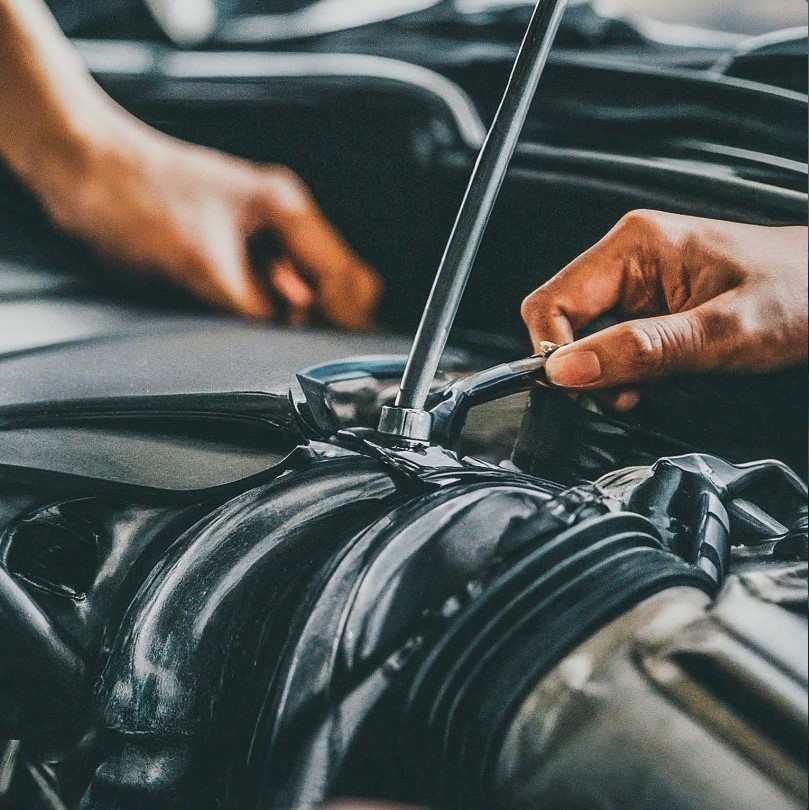
- Before you even start inspecting a used car, do your research. Look up the make and model you're interested in and familiarize yourself with common issues, recalls, and reliability ratings. This knowledge will help you know what to look for during the inspection process.
- Check the Exterior Start by inspecting the exterior of the car for any signs of damage, rust, or previous repairs. Look closely at the body panels, doors, and fenders for dents, scratches, or paint discrepancies. These could indicate that the car has been in an accident, which may have affected its overall condition.
- Inspect the Interior Next, take a thorough look at the interior of the car. Check the condition of the seats, dashboard, and carpets for excessive wear and tear. Test all the features and controls, including the air conditioning, heating, stereo system, and power windows. Look for any warning lights on the dashboard that could indicate underlying issues.
- Assess the Engine Now it's time to inspect the engine. Start by checking the oil level and condition. The oil should be clean and free of any contaminants. Look for any signs of leaks around the engine block, gaskets, and seals. Check the coolant level and condition as well, ensuring there are no signs of contamination or discoloration.
- Listen for Unusual Noises Start the engine and listen carefully for any unusual noises, such as knocking, rattling, or grinding. These could indicate problems with the engine's internal components, such as worn bearings, piston rings, or valves. Pay attention to how the engine sounds both at idle and while driving.
- Test Drive the Car Before finalizing your decision, take the car for a test drive to assess its overall performance. Pay attention to how the car accelerates, brakes, and handles on the road. Test the brakes, steering, and suspension for any signs of issues. Listen for any unusual noises or vibrations while driving.
- Get a Professional Inspection If you're unsure about the car's condition or don't feel confident inspecting it yourself, consider hiring a professional mechanic to perform a thorough inspection. They can identify any underlying issues that may not be immediately apparent and provide you with an unbiased assessment of the car's condition.
Research the Vehicle
By following these steps and taking the time to thoroughly inspect a used car engine before buying, you can make a more informed decision and avoid potential headaches down the road. Remember, buying a used car is a significant investment, so it's essential to do your due diligence to ensure you're getting a reliable vehicle.
#UsedCars
#CarBuyingTips
#CarMaintenance
#VehicleInspection
#PrePurchaseInspection
#VehicleHistory
#CarInvestment
#CarResearch
#engineperformance,
#CarBuyingGuide
#EngineCondition
#EngineHealth
#UsedCarInspectionGuide
#EngineCheck
#ReliabilityCheck
#MechanicalInspection
#TestDriveTips
#ProfessionalOpinion
#AvoidHeadaches
#InformedDecision
#UsedCarAdvice
#EngineSound
#CarConditionCheck

